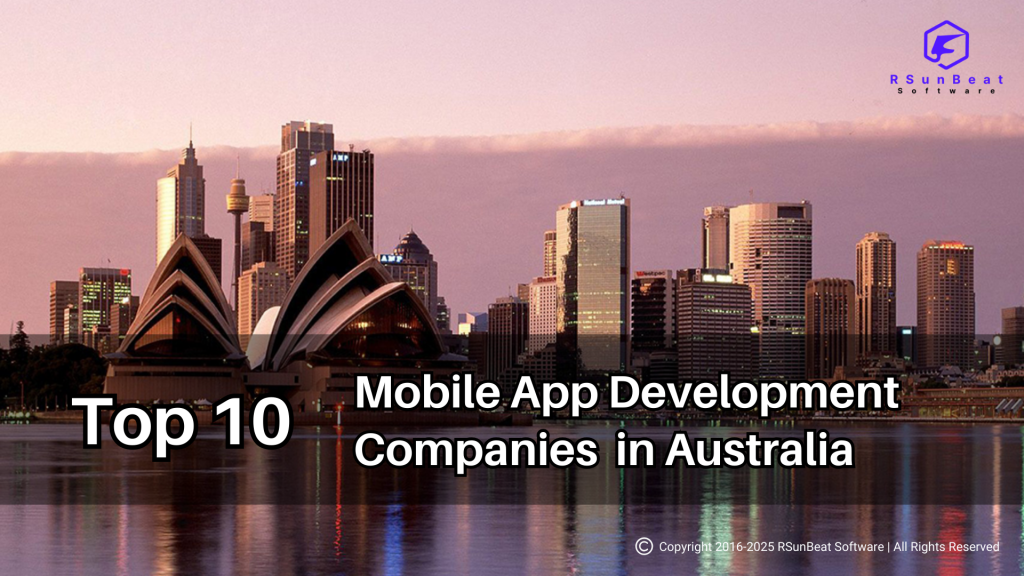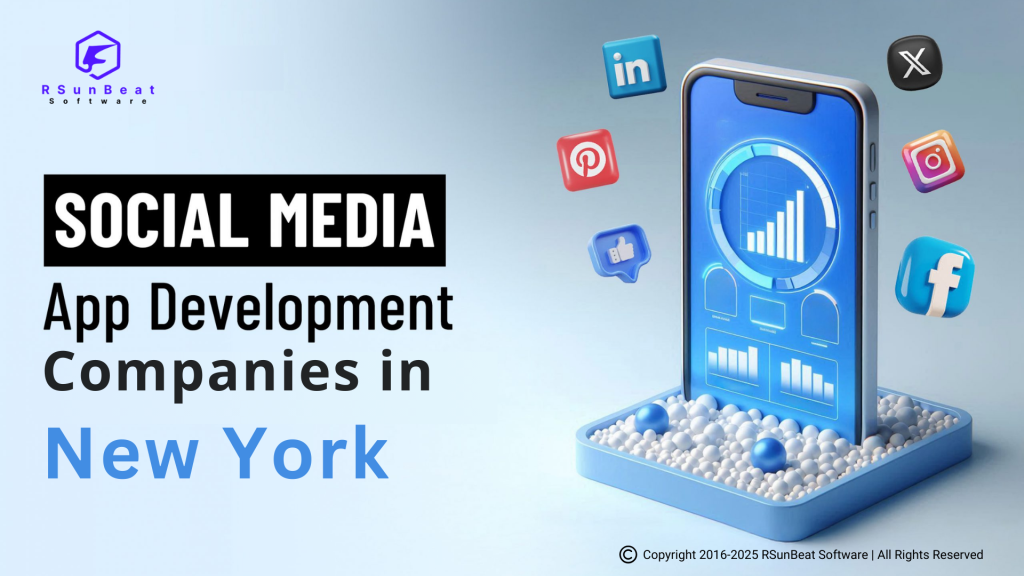
React Native vs. Flutter for Healthcare Apps: Which Saves More Time & Money?
In the ever-evolving world of digital healthcare, mobile applications are revolutionizing patient care, operational efficiency, and health data accessibility. As hospitals, clinics, and telemedicine startups continue to invest in mobile technologies, one critical decision stands out: choosing the right cross-platform development framework. React Native and Flutter are two dominant forces leading this charge. But when it comes to healthcare mobile app development in 2025, which framework delivers faster results and lower costs?
This guide will give you a detailed comparison of React Native and Flutter from a healthcare app development perspective. We’ll explore how both technologies perform in terms of speed, cost, performance, and scalability—so you can make an informed decision that saves time and money without compromising quality or compliance.
What Are React Native and Flutter?
React Native is an open-source UI framework developed by Facebook. It allows developers to build mobile applications using JavaScript and React, creating apps that work seamlessly across both iOS and Android platforms. Since its release in 2015, React Native has gained immense popularity for its efficiency and strong developer community.
Flutter, developed by Google, is a newer open-source framework that uses the Dart programming language. Launched in 2018, Flutter enables developers to build visually stunning apps with a single codebase and exceptional native performance.
Both frameworks enable faster development cycles, reduce time to market, and help healthcare providers serve patients through cross-platform applications. But each has unique characteristics that impact performance and cost in different ways.
How React Native and Flutter Work in Healthcare Mobile Applications
In healthcare, apps need to offer more than just appealing design. They must ensure HIPAA compliance, secure data transmission, real-time communication, EHR/EMR integrations, and a seamless patient experience. React Native and Flutter both support these requirements but approach them differently.
React Native integrates well with native modules, making it ideal for building apps that rely on device-specific features like Bluetooth for remote monitoring, camera access for teleconsultation, or biometric authentication. Its JavaScript ecosystem also supports various HIPAA-compliant backend integrations.
Flutter, on the other hand, offers better control over UI and native-like performance. Its widget system allows the creation of pixel-perfect interfaces, essential for building custom dashboards, appointment flows, or medical report viewers. Flutter’s secure communication protocols and rich plugin ecosystem also support healthcare-grade functionalities.
Comparing React Native vs. Flutter for Healthcare Apps
Development Speed
React Native typically offers faster development due to JavaScript’s flexibility and the availability of pre-built components. Developers can reuse code across platforms and rapidly test UI changes using the “hot reload” feature.
Flutter also features hot reload but requires learning Dart, which can introduce a slight learning curve. However, Flutter’s extensive widget library and customizable UI components allow for rapid interface creation once teams are familiar with the platform.
Cost Efficiency
React Native offers cost savings by reducing the need for separate native development teams. Its popularity means that finding skilled developers is easier and potentially more affordable.
Flutter’s cost efficiency improves over time, especially for complex apps with custom UIs. Since it requires fewer third-party tools, maintenance costs are often lower.
Performance
Flutter edges out React Native in raw performance. Because it compiles to native ARM code and controls every pixel on the screen, Flutter apps often perform better, especially in animation-heavy interfaces or data-driven dashboards.
React Native relies on a JavaScript bridge to communicate with native modules, which can introduce latency if not optimized properly.
UI Flexibility
Flutter’s widget-based architecture offers unmatched UI flexibility, perfect for patient engagement apps, doctor dashboards, or admin control panels.
React Native delivers a native-like experience, but customizing UIs deeply can sometimes require native code.
Community Support
React Native has a larger and more mature community, offering an abundance of resources, third-party libraries, and forums for troubleshooting.
Flutter’s community is growing rapidly and is well-supported by Google, but still trails React Native in developer count.
Scalability
Both platforms are scalable, but Flutter offers better stability for apps that anticipate large feature sets or high user traffic due to its architecture. React Native also scales well, but performance optimization may be needed as complexity increases.
Which Is Better for Different Types of Healthcare Apps?
| Healthcare App Type | Recommended Framework |
|---|---|
| Telemedicine App | React Native |
| EHR/EMR Dashboard | Flutter |
| Patient Monitoring (IoT-Based) | React Native |
| Appointment Scheduling App | Flutter |
| Pharmacy eCommerce App | React Native |
| Health & Wellness Tracker | Flutter |
Why React Native and Flutter Are in High Demand in 2025
In 2025, healthcare providers are under increasing pressure to innovate quickly and reduce development costs. Both React Native and Flutter provide these advantages by enabling teams to ship apps faster, ensure consistent experiences across platforms, and scale without investing in multiple codebases.
In addition, increased emphasis on remote care, mental health apps, and mobile-first patient engagement is pushing demand for cross-platform frameworks that can support high-quality, secure apps. React Native and Flutter are built to meet this demand.
Tips to Master React Native and Flutter for Healthcare Development
-
Start with the official documentation: Both frameworks have comprehensive learning portals.
-
Build mini-projects: Test integrations like secure logins, telehealth video calls, and notifications.
-
Stay updated: Follow GitHub, Reddit, and LinkedIn communities.
-
Understand HIPAA compliance: Familiarize yourself with secure storage, encrypted communication, and proper data handling.
-
Test rigorously: Use tools like Jest, Detox, or Flutter’s integration test suite.
Why Choose RSunBeat Software for React Native and Flutter Healthcare App Development?
At RSunBeat Software, we specialize in building high-performance, secure healthcare applications tailored to the needs of modern providers and patients. Our team has deep expertise in both React Native and Flutter and understands how to deliver HIPAA-compliant, scalable solutions across mobile platforms.
Here’s why clients trust RSunBeat Software:
-
Proven Healthcare Experience: We’ve built mobile platforms for telemedicine, health tracking, hospital portals, and more.
-
End-to-End Services: From planning and design to development and deployment, we handle every phase.
-
Regulatory Expertise: We build apps that comply with HIPAA, GDPR, and regional healthcare standards.
-
Agile & Cost-Efficient: Our agile approach ensures faster go-to-market and lower development costs.
-
Post-Launch Support: We provide long-term maintenance, security updates, and performance optimization.
Let’s Build Your Healthcare App Today
Whether you choose React Native or Flutter, the key to success lies in having the right development partner. At RSunBeat Software, we help healthcare providers launch impactful, scalable mobile apps that improve patient outcomes and reduce operational friction.
Contact RSunBeat Software today for a free consultation. Let’s discuss your project and find the best technology to bring your vision to life.
Hire expert React Native or Flutter developers and start building your next healthcare app with confidence!
Testimonials ~
What Our Clients
Are Saying
Your trust drives our passion. Here’s how we’ve helped businesses like yours thrive with tailored solutions and unmatched support.

Hussein Termos
CEO
“RSunBeat Software is a top-tier web development company for the real estate industry. They delivered a user-friendly, customized platform that met our needs perfectly. Their innovative solutions, on-time delivery, and excellent support made the process seamless. Highly recommended for exceptional development services!”

James Carten
Founder & CEO
“Before working with RSunBeat Software, our real estate business faced issues with unreliable mobile apps, poor user experiences, and missed deadlines. RSunBeat delivered a seamless, high-performing app with excellent functionality, intuitive design, and timely execution, transforming our operations. Their expertise and dedication make them a trusted partner.”

Darla Shewmaker
VP of Marketing
“RSunBeat Software developed a great, user-friendly mobile app that exceeded our expectations. The team was extremely professional, kept us updated throughout the process and completed the work on time. Their expertise and dedication made the whole project seamless. We highly recommend RSunBeat for their great work and reliability!”

Nicholas Toh
Project Manager
“RSunBeat Software delivered an amazing web and app development experience. Their team was highly professional, detail-oriented, and dedicated to bringing our vision to life. The final product was seamless, user-friendly, and exceeded our expectations. We highly recommend them for top-notch development services!”
Our Technology Experts
Are Change Catalysts
Mail to Our Sales Department
info@rsunbeatsoftware.com
Our Skype Id
Rsunbeat Software



very informative articles or reviews at this time.